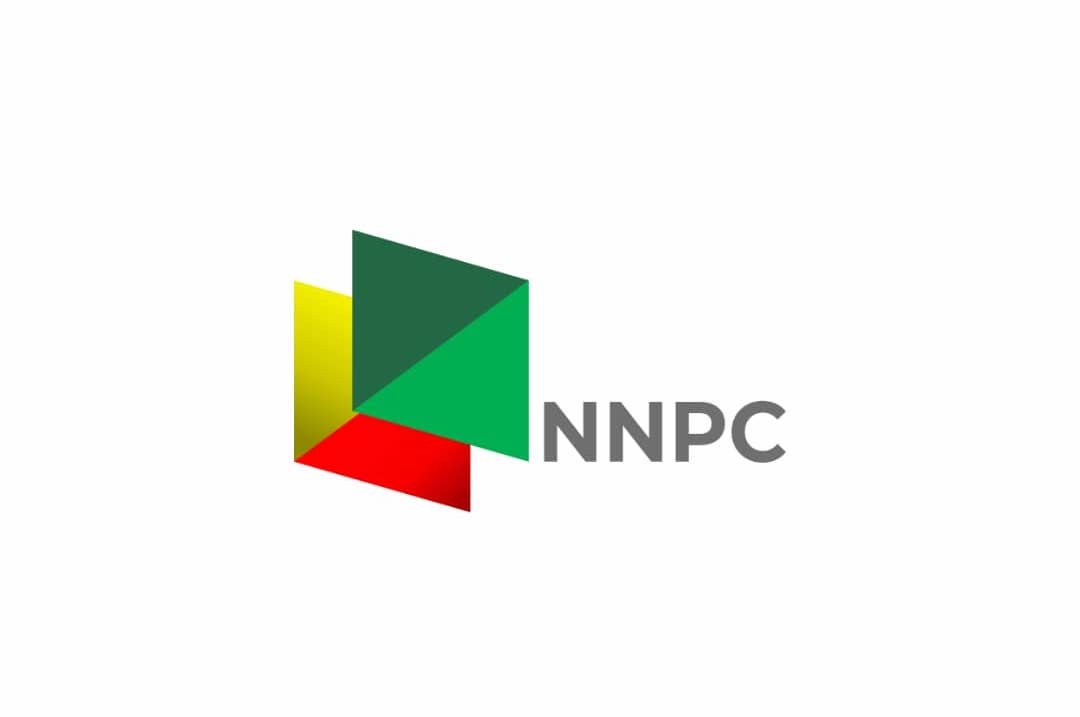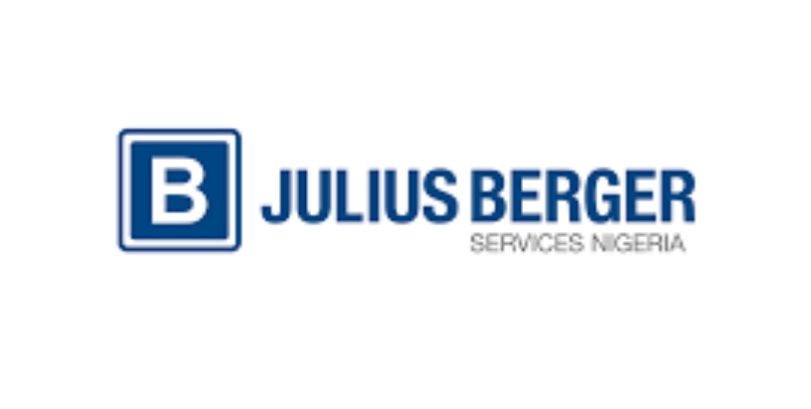In a country with a history of poor corporate governance culture and the attendant business collapse, enlightened public conversations like the recent one at the Lagos Business School, where renowned governance experts converged to deliberate on the Nigerian situation, may be the game changer the country has been waiting for, reports Festus Akanbi
There seems to be a consensus among watchers of the nation’s economy that the problem of poor corporate governance is a recurring decimal whenever a list of business challenges in Nigeria is drawn. This is because the trend has shown that as companies focus on rapid growth, they often neglect essential governance, leading to financial mismanagement and investor distrust.
Corporate governance is the system of rules, practices and processes by which a company is directed and controlled. Effective corporate governance is critical to the success of any business. According to the Corporate Finance Institute, it is a system that guides the conduct of the people within an organisation, as well as the direction of the organisation itself.
Analysts believe that while it is easy for large firms to put in place good corporate governance, it is often challenging for small businesses to adopt good corporate governance. It has been linked to the reason many of them fold up before their fifth anniversary.
Good governance is universally acknowledged as a critical factor in the progress and development of any nation.
In Nigeria, both the elite and the common people share this profound understanding of governance’s impact on the country’s trajectory. This is why corporate governance faces challenges including corruption, weak regulatory frameworks, and a lack of enforcement, hindering economic growth and investor confidence.
In the past few years, the lack of good corporate governance in Nigerian business organisations has led to widespread corruption, financial mismanagement, and a loss of investor confidence, thereby shortchanging the government, investors, and other stakeholders.
Many firms engage in fraudulent accounting practices, as seen in the case of Cadbury Nigeria’s financial scandal, where profit figures were inflated to deceive investors. Similarly, the collapse of banks like Oceanic Bank and Intercontinental Bank was said to have been driven by insider abuses, weak risk management, and regulatory failures.
Poor governance has also enabled tax evasion and diversion of corporate funds, depriving the government of much-needed revenue for infrastructure and social services. Investors, both local and foreign, suffer huge losses due to corporate collapses and stock market instability, discouraging further investment in the economy.
Employees and other stakeholders bear the brunt through job losses, pension fund mismanagement (as seen in the National Pension Commission scandals), and unethical labour practices. The overall effect is a stunted business environment where businesses struggle to attract funding, innovation is stifled, and economic growth remains sluggish due to the lack of transparency, accountability, and ethical leadership in corporate entities.
Unveiling the AFG Model
These were some of the issues that triggered a public conversation at the Lagos Business School (LBS) recently, where a renowned corporate governance expert and Senior Advocate of Nigeria (SAN), Professor Fabian Ajogwu, unveiled the AFG Model, aimed at helping organisations address the realities of modern corporate, institutional and governmental landscapes, at the public lecture themed ‘Balancing Power, Profit and Purpose.’ The lecture also served as the platform for the presentation of the latest book by the learned silk, titled: ‘Reflections on Corporate Governance.’
The Deputy Vice Chancellor of the Pan-Atlantic University, Dr. Peter Bamkole, in his welcome remarks, underscored the importance of corporate governance to both organisations and society at large. He remarked, “Corporate governance, as we all know, is the bedrock of responsible leadership, organisational success, and economic sustainability.
“It provides a framework for transparency, accountability, and ethical decision-making, ensuring that businesses are not only profitable but also trustworthy and resilient. This work, by Professor Ajogwu, is a timely and practical guide that distils decades of experience into real-world insights, case studies, and strategic lessons for professionals in business, law, and finance. The book is an indispensable resource that will equip you with the knowledge to navigate governance complexities with confidence and integrity.”
According to the former Vice-Chancellor of the Pan African University, Professor Juan Manuel Elegido, “Too often, corporate governance is approached as a checklist, with minimal regard for how those principles translate into practice. Ajogwu, however, prompts readers to consider the broader implications of governance on corporate culture and ethical decision-making. This calls attention to the fact that governance is not just about compliance or avoiding legal pitfalls; it is about creating a culture of accountability, transparency, and trust.”
And as the Chairman, Stanbic IBTC Holdings Plc, Sola David-Borha puts it, “The strength of corporate governance rests on the character of the individuals who are entrusted to uphold its principles. A quote from George A. David, Chairman Emeritus, Coca-Cola Hellenic Bottling Company AG, captures this point. ‘We do the right thing not because someone asks us to do so but because we want to do the right thing.’”
Another narrative put forward is that the modern business environment is increasingly volatile and uncertain. In this dynamic environment, therefore, effective corporate governance has become a critical imperative for organisational success and sustainability. This is because the capacity of an organisation to succeed and survive over the long term is contingent upon its implementation of good corporate governance practices. However, what is defined as good corporate governance is constantly evolving as best practices are constantly refined to address new challenges and opportunities.
Prof. Ajogwu argues that the dynamism of corporate governance is driven by factors such as the changing global landscape, evolving business practices, regulatory pressure, and heightened public awareness following a series of corporate scandals. He argues further that priorities are also shifting from shareholder primacy to considering a broader range of stakeholders, including employees, communities, and the environment. This explains the transformation from moving beyond financial assessments to integrating environmental, social and governance (ESG) considerations into the corporate governance framework.
The senior lawyer therefore emphasised the need for companies to move beyond profit and power to a more purposeful approach to business, presenting case studies of local and international organisations that have adopted this approach to great effect.
He said his model promotes governance practices which align with integrity, fairness, and accountability, insisting that governance is about people and conduct, not just systems and policies, while behavioural governance focuses on leadership, corporate culture, and stakeholder engagement. He believes that governance should go beyond compliance to align with a higher purpose. This, according to him, ensures businesses act responsibly, thereby maintaining public trust.
Dealing with Fixation on Profitability
Contrary to the fixation on profitability as the main driver of business, Ajogwu’s calculation reduced profit as one of the three key drivers of business. He stated, “The third pillar of purpose (power, profit & purpose) is the company’s role beyond financial gains. It balances financial performance with social responsibilities, ethics and sustainability. A purpose-driven governance model is increasingly relevant for businesses seeking long-term sustainability and success. Shifting away from a solely profit-focused approach ensures organisations consider their long-term impact and sustainability. With a purpose-driven model, organisations acknowledge how their operations and products affect all stakeholders. The ‘4 Ps’ of corporate sustainability – people, planet, purpose, and profit – come into light in this regard.”
According to him, these three factors alone are insufficient to make the framework workable. He therefore made a case for the rule of law, which he stated is a positive multiplier, and anti-corruption, with corruption being a negative multiplier.
He noted, “The Rule of Law provides the legal framework that ensures governance operates within established regulations, promoting fairness, justice, and accountability. It underpins ethical decision-making and reinforces confidence in governance structures by ensuring consistency and predictability in legal and corporate affairs.”
Corruption remains a significant challenge in governance, undermining ethical leadership, economic stability, and institutional credibility. Therefore, governance frameworks must proactively address corruption through transparency, internal controls, and stakeholder accountability.



